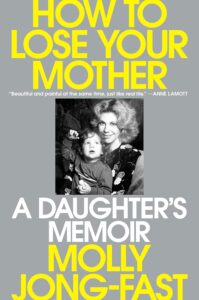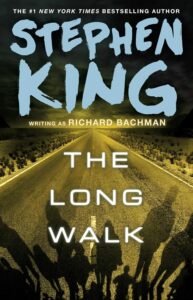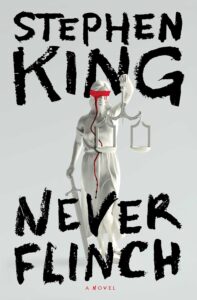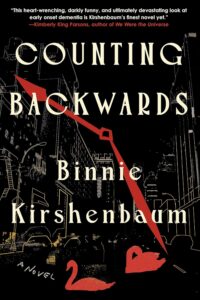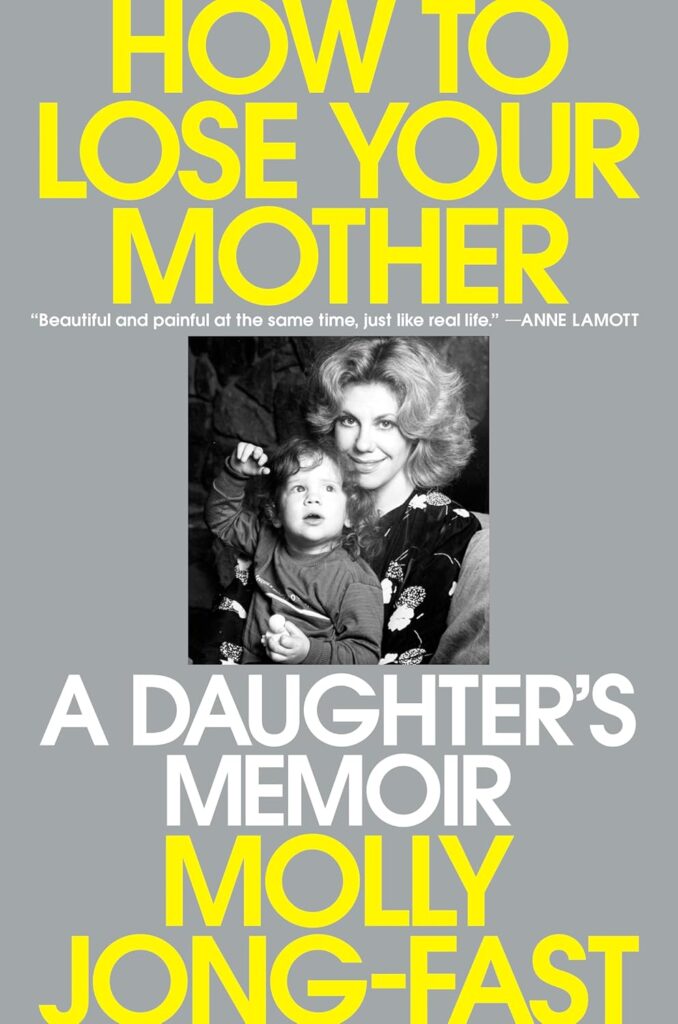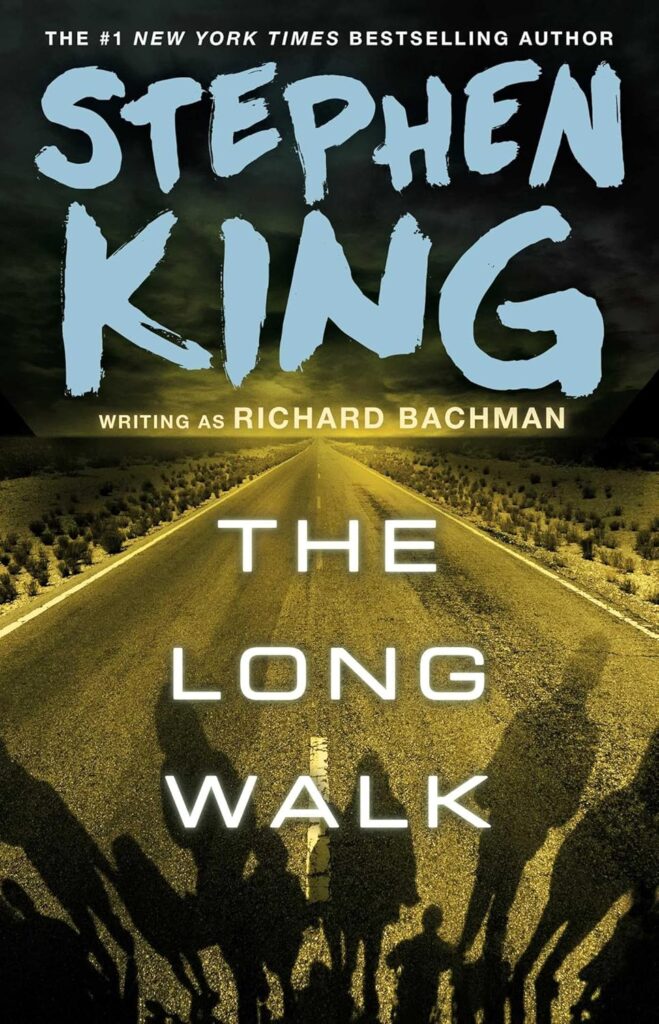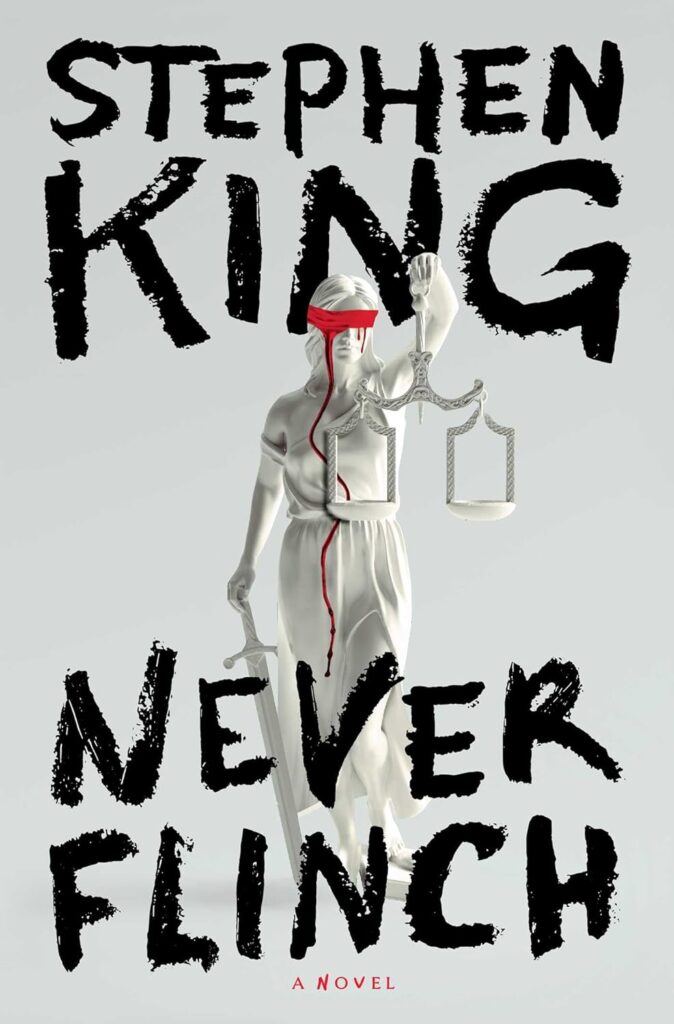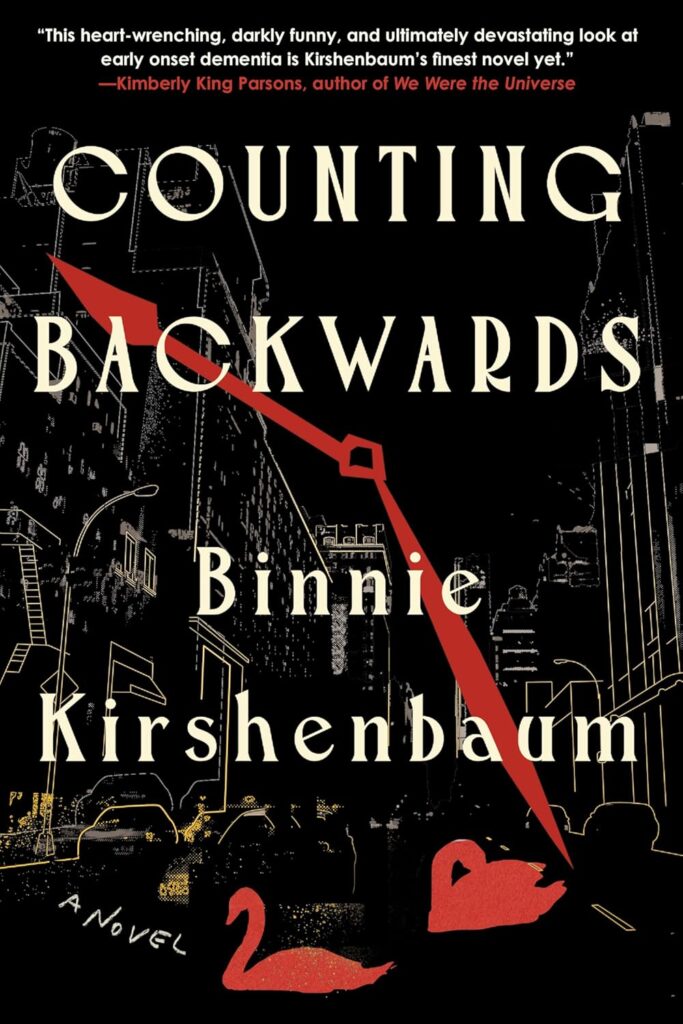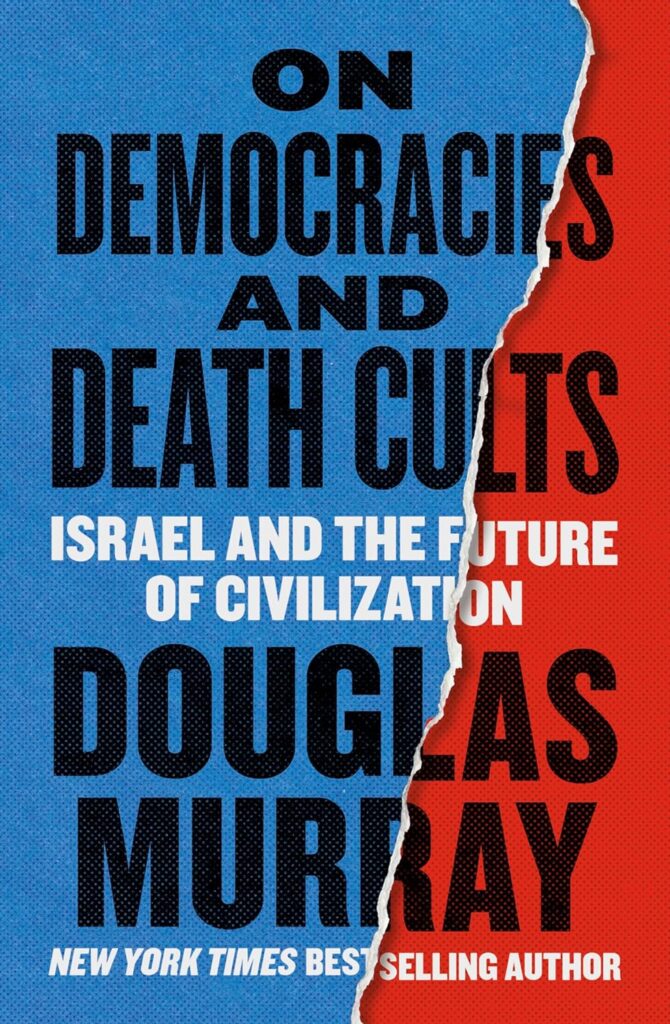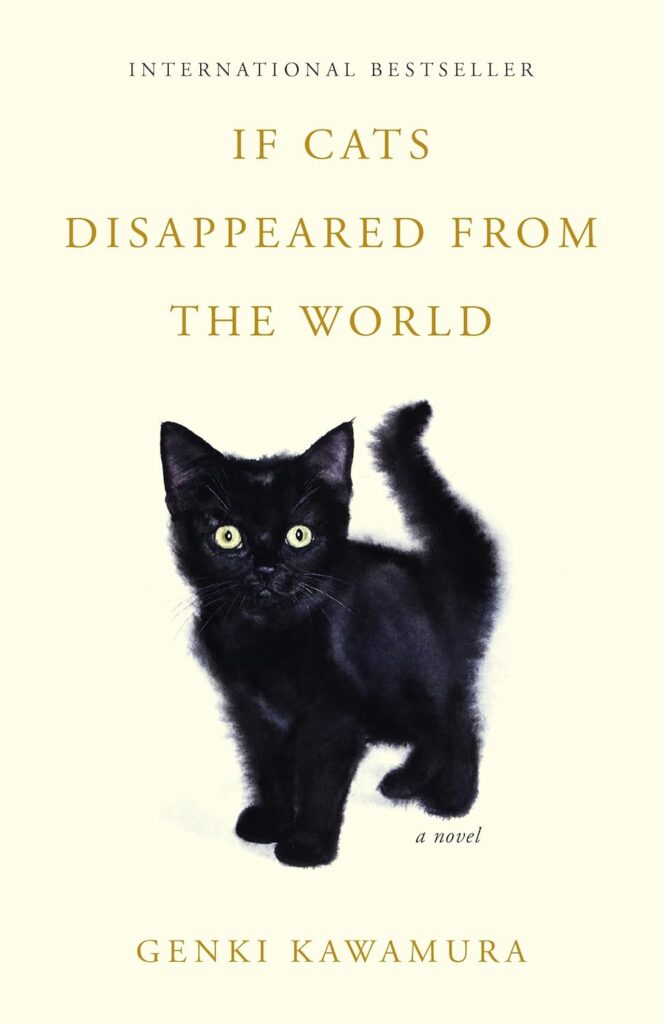The Pulitzer Prize stands as one of literature’s most prestigious honors, celebrating excellence in American storytelling since 1917. These award-winning novels have shaped our cultural landscape, challenged societal norms, and captured pivotal moments in American history through compelling narratives and unforgettable characters.
From Harper Lee’s timeless exploration of racial injustice in “To Kill a Mockingbird” to Donna Tartt’s contemporary masterpiece “The Goldfinch,” Pulitzer winners represent the pinnacle of literary achievement. Join me as we explore the rich history, selection process, and enduring impact of these remarkable works that continue to resonate with readers across generations.
The History and Evolution of the Pulitzer Prize for Fiction
The Pulitzer Prize for Fiction has a storied history dating back to 1918 when it was first awarded to Ernest Poole for “His Family.” Originally called the Pulitzer Prize for the Novel, the category was renamed in 1948 to better reflect the diversity of American fiction being produced, including short story collections and novellas.
Joseph Pulitzer, a Hungarian-American newspaper publisher, established the awards in his will with the goal of encouraging excellence in journalism and the arts. The fiction prize specifically aimed to recognize works that best represented “the wholesome atmosphere of American life and the highest standard of American manners and manhood.”
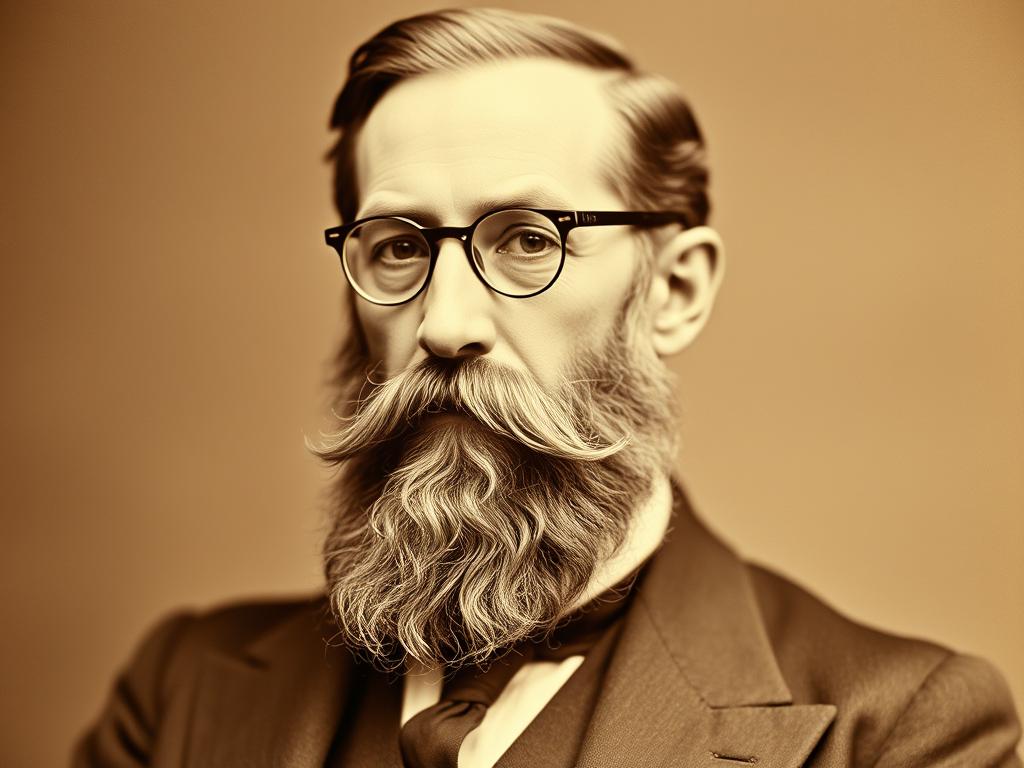
Over the decades, the prize has evolved to embrace a broader definition of American experience, reflecting changing social attitudes and literary trends. The early years favored traditional narratives about American life, while more recent decades have seen recognition of experimental forms, diverse voices, and challenging themes.
Key Milestones in Pulitzer Prize Fiction History
Interestingly, there have been years when no award was given—either because the jury couldn’t reach a consensus or because they felt no work met the necessary standard of excellence. This occurred most recently in 2012, highlighting the prize’s commitment to maintaining its prestigious standards.
Selection Criteria: What Makes a Pulitzer Prize Winner?
The Pulitzer Prize for Fiction isn’t awarded lightly. Each year, a board of judges evaluates submissions based on a complex set of criteria that has evolved over time but maintains core principles of literary excellence. Understanding these criteria offers insight into what elevates certain works above their contemporaries.
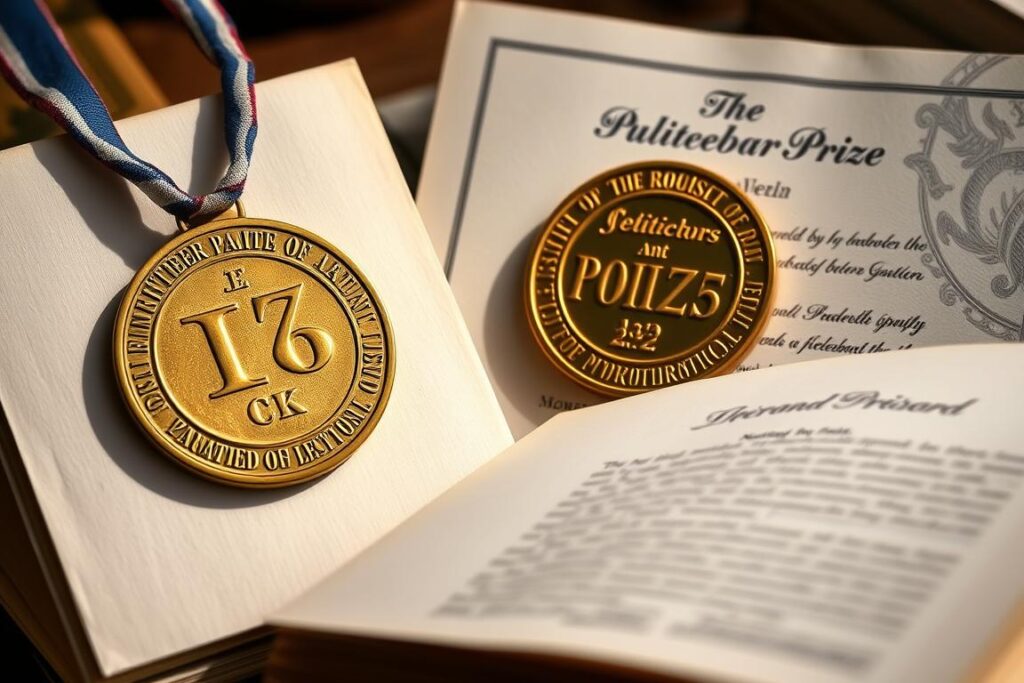
Official Selection Process
The selection process begins with nominations submitted to Columbia University. A dedicated jury of literary experts—typically including critics, authors, and academics—reviews these submissions and recommends finalists to the Pulitzer Board, which makes the final decision. The deliberations are confidential, adding to the mystique surrounding the selection.
Thematic Elements That Resonate with Judges
Successful Pulitzer winners often explore distinctly American themes and experiences, though the definition of “American experience” has broadened significantly over time. Common thematic elements include:
Storytelling Excellence and Technical Mastery
Beyond thematic relevance, Pulitzer winners demonstrate exceptional storytelling craft and technical skill. Judges look for:
Narrative Innovation
Works that push boundaries in structure, voice, or perspective while remaining accessible enough to resonate with readers.
Character Development
Complex, authentic characters who evolve throughout the narrative and reflect human experience in meaningful ways.
Prose Quality
Exceptional command of language, from sentence-level craftsmanship to overall compositional harmony.
Cultural Impact and Relevance
The most successful Pulitzer winners transcend mere storytelling to make a lasting cultural impact. They often:
Notable Pulitzer Prize Winners That Defined American Literature
Throughout its history, certain Pulitzer Prize-winning novels have transcended the award to become defining works in American literature. These books not only exemplify literary excellence but have shaped cultural conversations and influenced generations of writers and readers alike.
To Kill a Mockingbird (1961) by Harper Lee
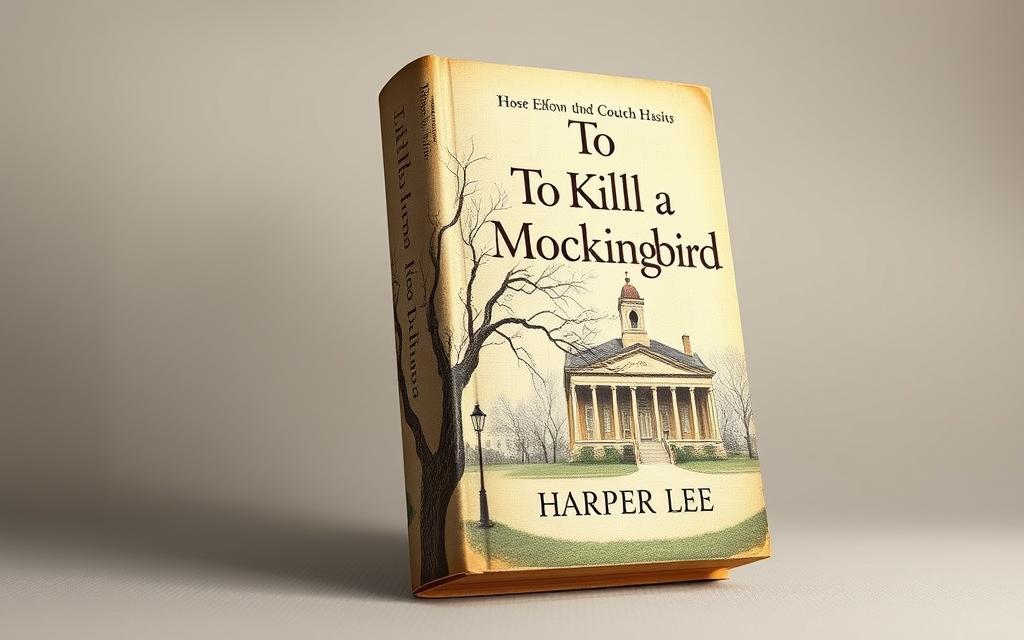
Harper Lee’s only published novel until late in her life, “To Kill a Mockingbird” explores racial injustice in the Depression-era South through the eyes of young Scout Finch. The novel’s unflinching examination of prejudice, coupled with its warmth and humor, created an instant classic that continues to challenge and move readers.
Legacy: Beyond its literary merits, the novel has become a cornerstone of American education, teaching generations about empathy, justice, and moral courage. Its protagonist, Atticus Finch, remains one of literature’s most admired moral heroes.
Explore the Moral Universe of “To Kill a Mockingbird”
Discover why this classic continues to resonate with readers of all ages and backgrounds.
The Road (2007) by Cormac McCarthy
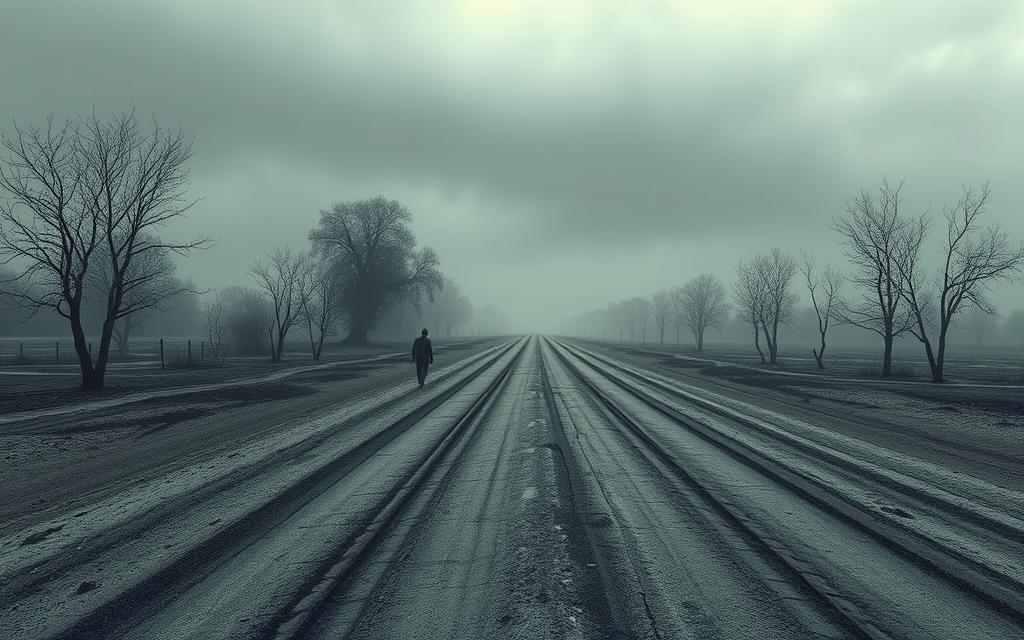
McCarthy’s bleak post-apocalyptic journey of a father and son across a devastated American landscape offers a stark meditation on survival, morality, and love in the absence of civilization. Its sparse prose and unflinching portrayal of human desperation create a haunting portrait of endurance in the face of utter hopelessness.
Legacy: “The Road” redefined post-apocalyptic literature by stripping away genre conventions to focus on the fundamental human relationship between parent and child. Its environmental warnings and examination of moral choices in extreme circumstances remain profoundly relevant.
The Color Purple (1983) by Alice Walker

Alice Walker’s epistolary novel follows Celie, a young Black woman in the early 20th century South, as she overcomes abuse, racism, and sexism to find her voice and independence. Through intimate letters, Walker creates an unforgettable portrait of resilience and the healing power of connection among women.
Legacy: Walker’s novel broke new ground in its honest portrayal of Black women’s experiences and helped establish Black feminist literature as a vital literary tradition. Its adaptations into film and Broadway productions have extended its cultural impact beyond literature.
The Goldfinch (2014) by Donna Tartt

Tartt’s sprawling coming-of-age novel follows Theo Decker from the moment he survives a terrorist bombing at the Metropolitan Museum of Art that kills his mother. His impulsive theft of a priceless Dutch painting, “The Goldfinch,” sets him on a journey through grief, art, addiction, and redemption spanning decades and continents.
Legacy: Though more recent than other entries on this list, “The Goldfinch” has already established itself as a contemporary classic that blends Dickensian storytelling with modern themes of trauma, authenticity, and the transcendent power of art.
Beloved (1988) by Toni Morrison
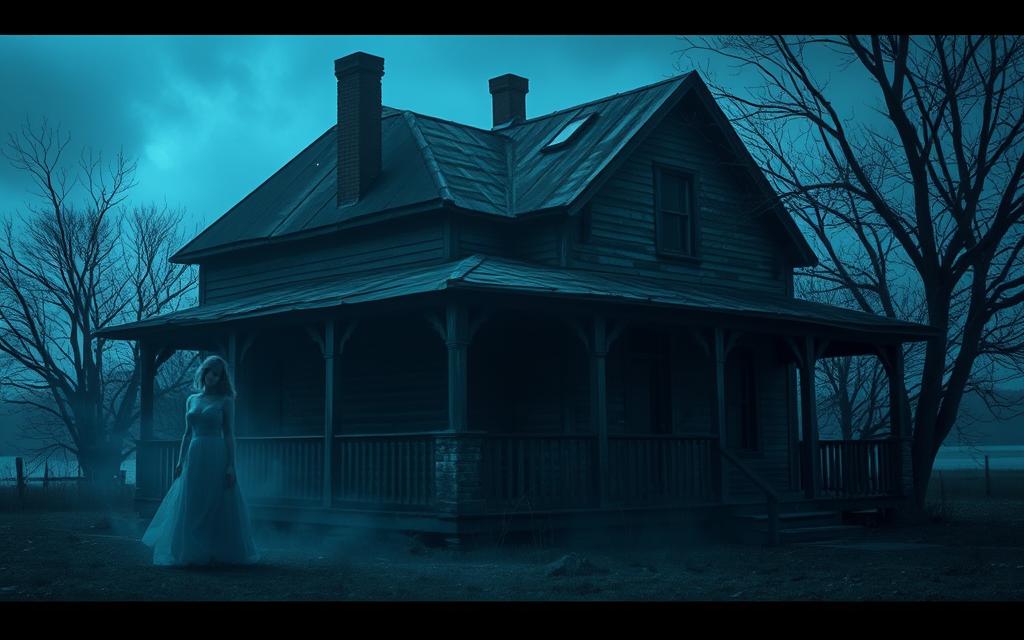
Morrison’s masterpiece explores the psychological and spiritual devastation of slavery through the story of Sethe, an escaped slave whose home is haunted by the ghost of her infant daughter. When a mysterious young woman calling herself Beloved appears, Sethe must confront her traumatic past and impossible choices.
Legacy: “Beloved” revolutionized how American literature addresses the legacy of slavery by combining historical realism with supernatural elements to access emotional truths beyond conventional narrative. Its unflinching portrayal of trauma and healing continues to influence contemporary fiction.
Explore Toni Morrison’s Literary Universe
Discover the profound impact of “Beloved” and Morrison’s other groundbreaking works.
The Cultural Impact of Pulitzer Prize-Winning Fiction
Pulitzer Prize-winning novels do more than entertain—they shape our cultural landscape, influence other art forms, and often drive important social conversations. Their impact extends far beyond the literary world into education, policy discussions, and our collective understanding of American identity.

Shaping Literary Trends and Artistic Expression
When a novel wins the Pulitzer, it often establishes or validates literary trends that influence a generation of writers. For example, Jennifer Egan’s “A Visit from the Goon Squad” helped legitimize experimental narrative structures, while Colson Whitehead’s “The Underground Railroad” blended historical fiction with magical realism to powerful effect.
This influence extends to other media as well. Many Pulitzer winners have been adapted into acclaimed films, plays, and television series, including:
Driving Social Discourse and Change
Pulitzer-winning novels often become centerpieces of important social conversations, bringing attention to overlooked issues or offering new perspectives on familiar ones. For instance:
Anthony Doerr’s “All the Light We Cannot See” renewed interest in civilian experiences during World War II and sparked discussions about moral choices under occupation.
Jhumpa Lahiri’s “Interpreter of Maladies” brought immigrant experiences to mainstream attention, highlighting the complexity of cultural identity in America.
Colson Whitehead’s “The Nickel Boys” exposed the historical abuse at a Florida reform school, contributing to broader conversations about institutional racism and justice.
Marilynne Robinson’s “Gilead” prompted discussions about faith, moral philosophy, and intergenerational relationships in American life.
Educational Influence and Canon Formation
Many Pulitzer winners become staples in educational curricula, shaping how generations of students understand literature and American history. “To Kill a Mockingbird” remains one of the most taught novels in American schools, while more recent winners like “The Brief Wondrous Life of Oscar Wao” are increasingly appearing on college syllabi.
Through their presence in education, these books help form our literary canon and influence which aspects of American experience are considered worthy of study and remembrance.
Curated Recommendations: Finding Your Perfect Pulitzer Read
With nearly a century of winners to choose from, finding your entry point into Pulitzer Prize fiction can be overwhelming. I’ve curated recommendations based on different reading preferences to help you discover the Pulitzer winner that’s perfect for your tastes.
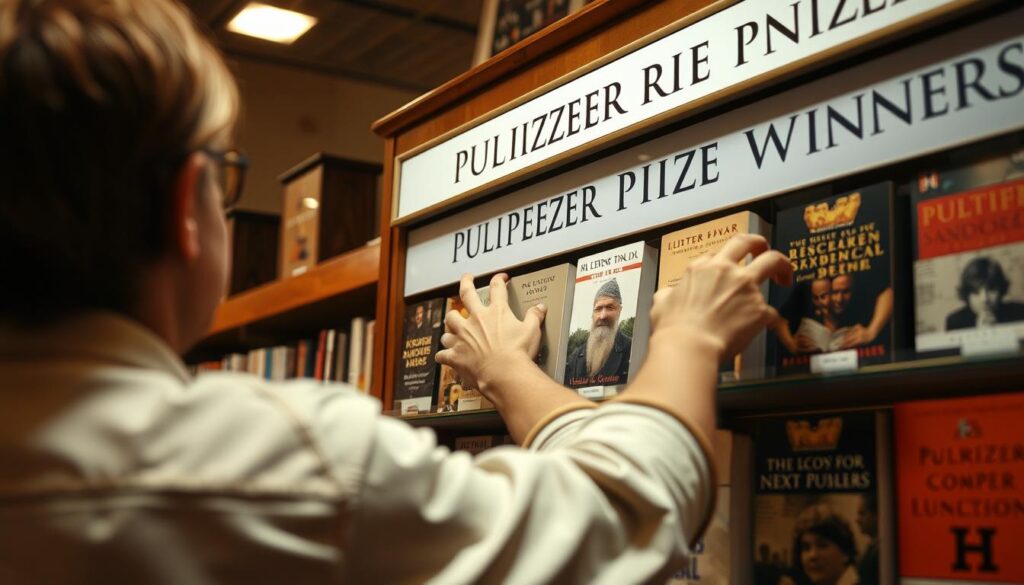
For Lovers of Historical Fiction
All the King’s Men (1947)
Robert Penn Warren’s political novel follows the rise and fall of Willie Stark, a character based on Louisiana governor Huey Long. Its exploration of power, corruption, and moral compromise remains startlingly relevant to contemporary politics.
The Known World (2004)
Edward P. Jones’s meticulously researched novel examines the little-known phenomenon of Black slaveowners in antebellum Virginia, challenging simplified narratives about American slavery while delivering a powerful human story.
March (2006)
Geraldine Brooks reimagines “Little Women” from the perspective of the absent father, following Mr. March as he serves as a chaplain in the Civil War and confronts the moral complexities of the conflict.
For Contemporary Fiction Enthusiasts
Less (2018)
Andrew Sean Greer’s comic novel follows failed novelist Arthur Less as he embarks on a global journey to avoid his ex-boyfriend’s wedding, finding unexpected joy and self-discovery along the way.
The Brief Wondrous Life of Oscar Wao (2008)
Junot Díaz’s vibrant novel blends immigrant experience, nerd culture, and Dominican history through the story of Oscar, an overweight Dominican boy growing up in New Jersey who dreams of becoming the next J.R.R. Tolkien.
Olive Kitteridge (2009)
Elizabeth Strout’s novel-in-stories portrays the life of a retired schoolteacher in coastal Maine and the townspeople whose lives she touches, creating an unforgettable character study of an abrasive but deeply human protagonist.
For Those Who Love Literary Masterpieces
Beloved (1988)
Toni Morrison’s haunting masterpiece combines historical realism with supernatural elements to explore the psychological aftermath of slavery through unforgettable characters and prose.
The Road (2007)
Cormac McCarthy’s spare, poetic novel follows a father and son through a post-apocalyptic landscape, creating a devastating meditation on love, mortality, and human goodness in the face of ultimate destruction.
Gilead (2005)
Marilynne Robinson’s meditative novel takes the form of a letter from an aging pastor to his young son, exploring faith, family legacy, and the quiet beauty of everyday life with extraordinary prose.
For Readers Who Enjoy Family Sagas
The Magnificent Ambersons (1919)
Booth Tarkington’s novel chronicles the declining fortunes of a wealthy Midwestern family at the turn of the 20th century as industrialization transforms their world.
The Stone Diaries (1995)
Carol Shields’ innovative novel traces the life of Daisy Goodwill from birth to death, exploring how a seemingly ordinary life contains extraordinary moments and profound meaning.
Empire Falls (2002)
Richard Russo’s novel portrays the interconnected lives in a declining Maine mill town, centering on restaurant manager Miles Roby as he navigates family obligations, thwarted dreams, and community tensions.
Start Your Pulitzer Reading Journey
Ready to dive into these literary masterpieces? Find your perfect match based on your reading preferences.
Frequently Asked Questions About Pulitzer Prize Fiction
How are Pulitzer Prize winners for fiction selected?
The selection process begins with nominations submitted to Columbia University. A jury of literary experts reviews these submissions and recommends finalists to the Pulitzer Board, which makes the final decision. The board consists of journalists, academics, and other cultural figures who vote on the winners across all categories.
Why are there some years without a fiction winner?
The Pulitzer Board has the authority to reject the jury’s recommendations if they feel no work meets their standards of excellence. This has happened several times throughout the prize’s history, most recently in 2012 when the jury’s three finalists were all rejected by the board, resulting in no fiction award that year.
Can non-American authors win the Pulitzer Prize for Fiction?
The Pulitzer Prize for Fiction is generally awarded to American authors, though there have been exceptions. The official criteria state that the work should deal with American life, but the interpretation of this requirement has evolved over time. For example, Canadian-American author Carol Shields won for “The Stone Diaries” in 1995.
Which authors have won the Pulitzer Prize for Fiction multiple times?
Only four authors have won the prize twice: Booth Tarkington (1919, 1922), William Faulkner (1955, 1963), John Updike (1982, 1991), and Colson Whitehead (2017, 2020). No author has won the prize three times.
What’s the difference between the Pulitzer Prize and the National Book Award?
Both are prestigious American literary awards, but they differ in several ways. The Pulitzer Prize is administered by Columbia University and focuses specifically on works about American life. The National Book Award is run by the National Book Foundation and includes categories for translated literature and young people’s literature. The National Book Award also tends to recognize more experimental works, while the Pulitzer often favors accessible literary fiction.
The Enduring Legacy of Pulitzer Prize Fiction
As we’ve explored throughout this article, the Pulitzer Prize for Fiction represents more than just an annual literary award—it’s a chronicle of American experience told through our finest storytellers. From the early 20th century works of Booth Tarkington and Edith Wharton to contemporary masterpieces by Colson Whitehead and Barbara Kingsolver, these books collectively form a literary tapestry that reflects our national journey.

What makes the Pulitzer Prize so significant is its commitment to recognizing works that not only demonstrate literary excellence but also illuminate some essential truth about American life. These books challenge us, comfort us, and help us make sense of our complex national identity. They preserve our history while pointing toward our future.
As readers, we’re fortunate to have this curated collection of exceptional works to explore. Whether you’re drawn to the social commentary of “To Kill a Mockingbird,” the experimental storytelling of “The Brief Wondrous Life of Oscar Wao,” or the historical depth of “The Underground Railroad,” there’s a Pulitzer winner that speaks to your interests and concerns.
I encourage you to use this guide as a starting point for your own exploration of Pulitzer Prize fiction. Each of these books offers a unique window into American experience and the craft of storytelling at its finest. In a world of endless reading options, the Pulitzer Prize continues to serve as a beacon, guiding us toward works of enduring value and profound insight.
Which Pulitzer-winning book will you read next?
Share your reading journey or ask for personalized recommendations based on your preferences.


